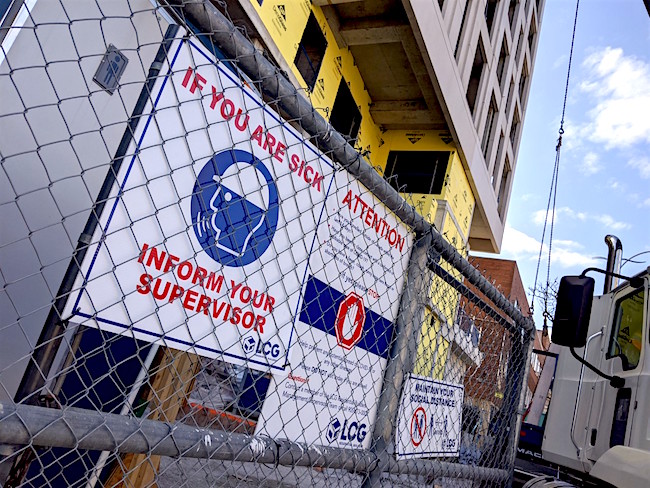
On March 11, the World Health Organization made the assessment that COVID-19 could be characterized as a pandemic. The health, social and economic impacts of the virus, as well as the unprecedented nature of the government measures adopted in response to it, continue to affect Canada’s construction industry. If a party is unable to perform its obligations under a construction contract as a result of COVID-19, when might it be entitled to relief from performance of its affected obligations?
Parties should consult with construction law specialists in order to assess the availability and nature of any relief relating to COVID-19 in the specific circumstances at issue. However, generally speaking, the assessment of whether the affected party may be entitled to relief will include the following key considerations: (a) does the construction contract provide relief for the COVID-19 event at issue; and, if not, (b) does the legal doctrine of frustration apply to the COVID-19 event at issue?
Construction contracts typically include clauses that address how risk is to be allocated amongst the parties in respect of certain unforeseen, supervening events, which, through no fault of either party, make it impossible for a party to perform its contractual obligations. While contracts may deal with this issue in various ways, these clauses are often referred to as force majeure clauses, a French term translating literally to “superior force” clauses.
The language used in the force majeure clause at issue must be carefully assessed in light of the specific COVID-19 event, as well as the conduct of the parties, to determine whether the construction contract may provide relief. For example, whether the force majeure clause refers expressly to a “pandemic” or similar event, or whether it generally refers to events beyond either party’s control, may influence this type of assessment.
In the event that the wording of the force majeure clause is found to apply to the specific COVID-19 event at issue, further considerations include, without limitation: (a) whether the COVID-19 event actually caused the impossibility of performance of the contractual obligations at issue; and (b) whether the wording of the force majeure clause provides the affected party with relief in the form of additional compensation, an extension of time, or both.
Force majeure is a contractual remedy. Therefore, if the construction contract does not contemplate the COVID-19 event at issue, the affected party may not have a contractual footing upon which to base a claim for relief in relation to the same. Depending on the circumstances, however, the affected party may be entitled to relief under the common law doctrine of frustration.
Generally, the doctrine of frustration may apply to relieve parties from further performance of their contractual obligations commencing from the time of the frustrating event. In order for the specific COVID-19 event at issue to be considered a frustrating event, it must be a supervening event that was not foreseeable at the time that the construction contract was entered into and was not the fault of either party.
The frustrating event must change the nature of the affected party’s obligations under the construction contract such that they can be said to be “radically different” from the obligations the party undertook to perform when entering into the contract. The doctrine will not apply if the contractual obligations the party is seeking to avoid have merely become unreasonably harsh, more onerous or more difficult. The frustrating event must essentially destroy the subject matter of the contract. Where the event at issue is an interruption rather than a permanent change to the contractual obligations, the interruption must affect critical performance under the contract or be so protracted as to effectively bring to an end the subject matter of the contract. Whether the doctrine of frustration of contract applies will be determined based on the particular circumstances at issue.
As discussed above, the relief, if any, which is available to a party affected by COVID-19 will be largely driven by the particular facts at issue, including but not limited to the specific wording of the governing construction contract, the conduct of the parties to that contract, and the actual impacts of COVID-19, which continue to evolve. A construction law specialist can assist with assessing the availability and nature of any such relief to which a contracting party may be entitled.
Laura Delemere practices law at Borden Ladner Gervais LLP.
This article is provided for general information only and may not be relied upon as legal advice. Please send comments to editor@on-sitemag.com






